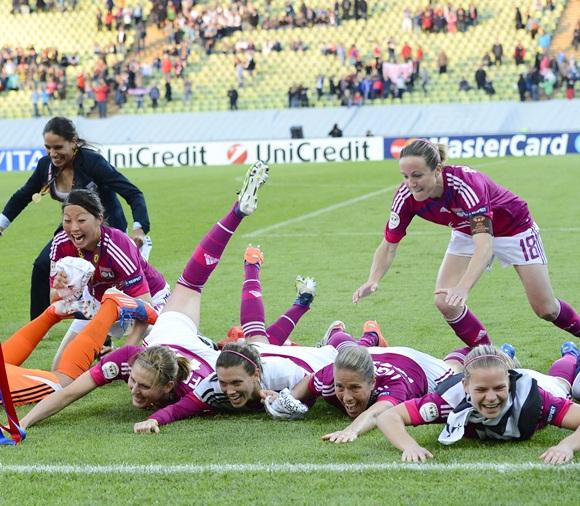
As far as referee Alberto Undiano is concerned, diving by players is comparable to doping because it is becoming more sophisticated and difficult to detect.
In a continual battle of wits, referees in turn spend hours studying teams, arming themselves with information on which players are likely to dive and generally make life difficult, said Undiano.
The Spaniard, who will be officiating in the Champions League this season, said detecting simulation was one of the biggest challenges facing match officials.
The 39-year-old Undiano said that, until recently, it was relatively obvious when a player had dived.
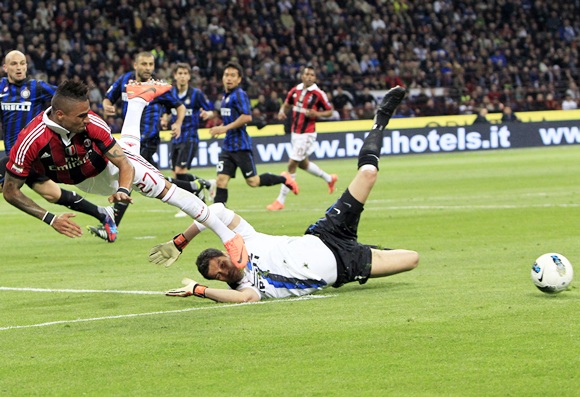
"Simulation used to be like a dive into a swimming pool but today there are situations where the player practices how to provoke contact," he said.
"You see the contact but it's not always simple to see who provoked this contact. The simulation is increasingly hidden, like doping.
"There are products which mask doping and in simulation the same happens, there are ways of making simulation difficult to detect for the referee and it's one of the most difficult things we have to do," added Undiano.
"On the television you see it perfectly well but when you are running it's more difficult."
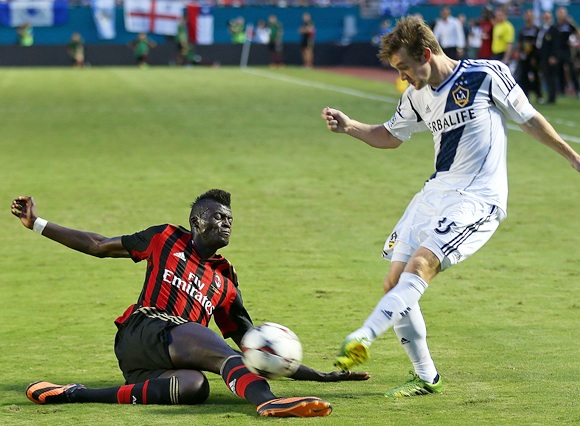
Undiano, however, said referees are starting to fight back.
"In the same way teams have information to prepare for the game, the referee has to try and be ready and have all the information he can get about the teams who are playing," he explained.
"We read about the players, what systems they use, if there were problems in a previous match, if there were any problems between particular players and which players can create problems, and all of this can help you.
"On the other hand, it's important not to say 'the number seven on this team dives all the time and I'm not going to give any free kicks in his favour'. That's wrong," said Undiano.
"You have to be very cautious with this player especially when he gets into the penalty area ... you mustn't pre-judge but you have to be aware."
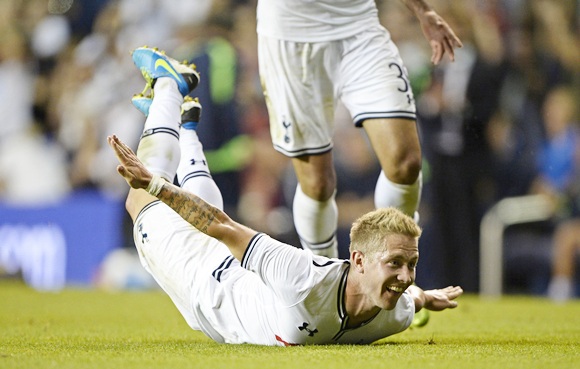
Dutch referee Bjorn Kuipers added that officials often made decisions based on the way footballers fell, meaning players who were fouled could cut their chances of being awarded a free kick if they reacted theatrically.
"Sometimes when there is a small contact it's easy to blow but if the player makes it look worse, it makes it look like simulation," said Kuipers.
"Players should not overact when there is a foul ...(sometimes) he is too eager to go down, that is sometimes why there is not a good decision."
Kuipers, another Champions League official, said referees ran about 12-km and made around 300 calls in a typical match but only got noticed when they made one wrong decision.
"We can referee a match for 90 minutes and we can do it without problems but if there is one moment that we miss, then we do not speak about the 90 minutes of good refereeing, we only speak about this incident," he added.
"If a forward in the same match does nothing for 90 minutes but scores a goal, he is the big hero. So this is the big difference between players and a referee.
"Don't make crucial mistakes -- that's the most important part for the referee."
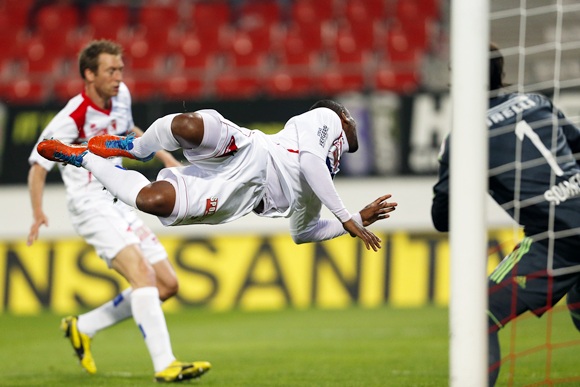
Undiano estimated that a referee spends 10 to 12 hours preparing for a game.
"One of the differences is that 14 years ago we didn't do this," he said. "You turned up for a game and it was 'let's see what happens'.
"You had a little bit of time to visit the city but nowadays, generally, we go direct to the hotel or training pitch, on the match day you go to a meeting in the morning, you have a meeting before the game and the following day you leave very early.
"A referee who at the end of a game knows he hasn't made a mistake and has performed well is the happiest person in the world," added Undiano.
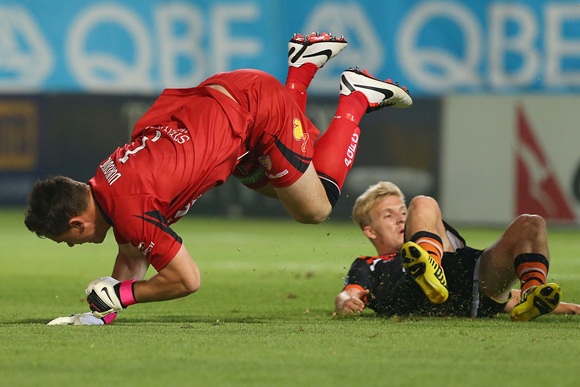
Kuipers echoed his colleague's sentiments.
"As a boy you dream to be a professional footballer," said the Dutchman. "When you are referee, and the players accept you as a referee and give you 22 hands after a match, you can be happy.
"This is the most beautiful thing for referees -- to be out of the limelight."